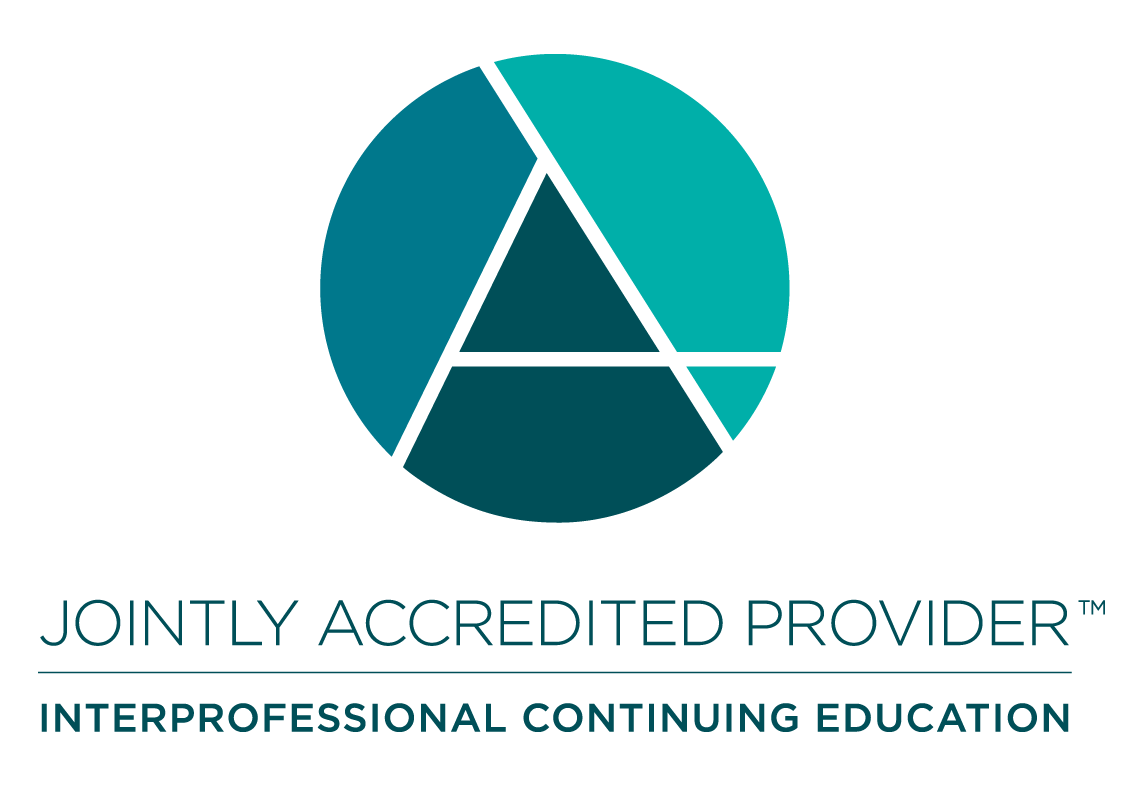University of Pittsburgh Health Sciences eLearning Environment Internet-based Studies in Education and Research
 INTRODUCTION
INTRODUCTION
 ABIM MOC Activity ID
ABIM MOC Activity ID
 4/4/2023 - Medical Grand Rounds: Medical Education: Updates and Controversies
4/4/2023 - Medical Grand Rounds: Medical Education: Updates and Controversies
 QUIZ
QUIZ
 EVALUATION
EVALUATION
 CERTIFICATE
CERTIFICATE
Credit Hours: 1.00
Faculty, residents, fellows, and community physicians in General Internal Medicine and subspecialties.
Upon completion of this activity, participants should be able to:
- Describe current and future changes in medical education
- Recognize the accelerating impact of the COVID pandemic and political activism on these changes
- Discuss current controversies and challenges that are affecting medical education
- Educating Physicians: A Call for Reform of Medical School and Residency by Molly Cooke, David M Irby and Bridget C O'Brien. Jossey-Bass Publishers 2010
- Achieving Competency-Based, Time-Variable Health Professions Education. Proceedings of a conference chaired by Catherine R Lucey. Macy Foundation June 2017.
- The Coalition for Physician Accountability's Undergraduate Medical Education- Graduate Medical Education Review Committee : Recommendations for Comprehensive Improvement of the UME-GME Transition: https://physicianaccountability.org/
- Colson ER, Pérez M, Blaylock L, Jeffe DB, Lawrence SJ, Wilson SA, Aagaard EM. Washington University School of Medicine in St. Louis Case Study: A Process for Understanding and Addressing Bias in Clerkship Grading. Acad Med. 2020 Dec;95(12S Addressing Harmful Bias and Eliminating Discrimination in Health Professions Learning Environments):S131-S135.
- Hanson JL, Pérez M, Mason HRC, Aagaard EM, Jeffe DB, Teherani A, Colson ER. Racial/Ethnic Disparities in Clerkship Grading: Perspectives of Students and Teachers. Acad Med. 2022 Nov 1;97(11S):S35-S45.
No planners, members of the planning committee, speakers, presenters, authors, content reviewers and/or anyone else in a position to control the content of this education activity have relevant financial relationships to disclose.
 In support of improving patient care, the University of Pittsburgh is jointly accredited by the Accreditation Council for Continuing Medical Education (ACCME) and the Accreditation Council for Pharmacy Education (ACPE), and the American Nurses Credentialing Center (ANCC), to provide continuing education for the healthcare team.
In support of improving patient care, the University of Pittsburgh is jointly accredited by the Accreditation Council for Continuing Medical Education (ACCME) and the Accreditation Council for Pharmacy Education (ACPE), and the American Nurses Credentialing Center (ANCC), to provide continuing education for the healthcare team.
The University of Pittsburgh School of Medicine designates this enduring material activity for a maximum of 1.0 AMA PRA Category 1 Credit[s]™. Physicians should only claim credit commensurate with the extent of their participation in the activity. This educational activity is approved for 1.0 contact hours.
Other health care professionals will receive a certificate of attendance confirming the number of contact hours commensurate with the extent of participation in this activity.
The University of Pittsburgh is an affirmative action, equal opportunity institution.